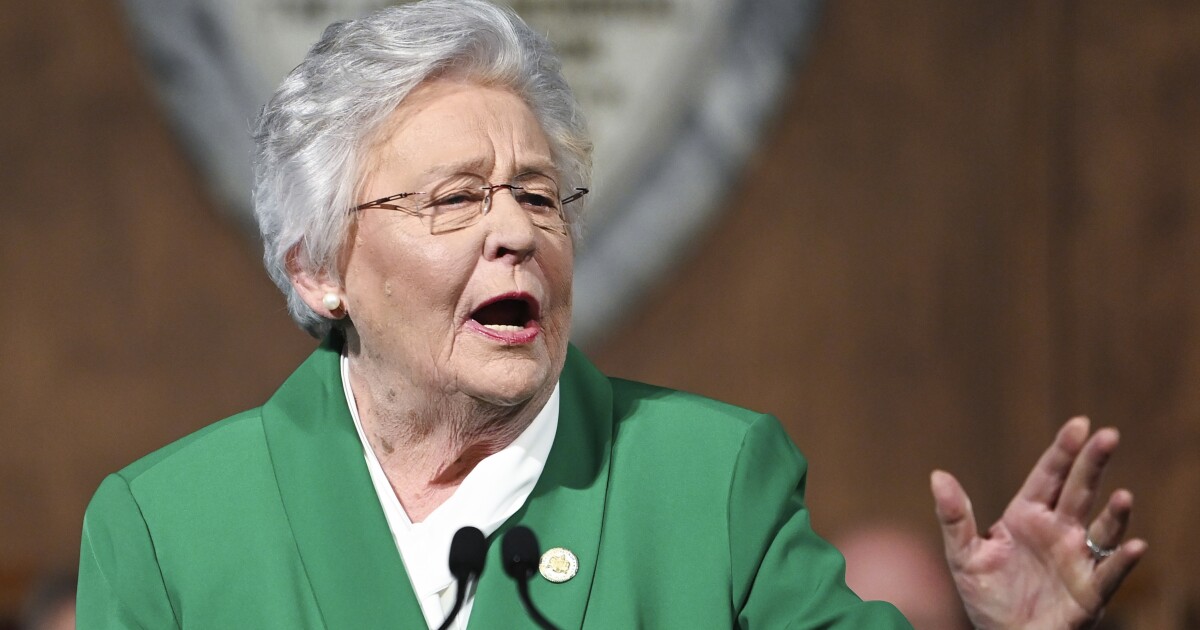

Gov. Kay Ivey (R-AL) called out ESPN for its reporting on her recent signing of a transgender sports ban.
On Tuesday, the Alabama governor joined several other Republican-led states in signing House Bill 26, which requires students at public schools and colleges to participate on the sports teams that align with their biological sex.
“Look, if you are a biological male, you are not going to be competing in women’s and girls’ sports in Alabama. It’s about fairness, plain and simple,” said Ivey.
ESPN reported on the law, noting that it will ban “transgender women from playing on female sports teams in college.”
Ivey took issue with the phrasing, tweeting, “Let me fix that, @espn. *Alabama Governor Kay Ivey signed legislation on Tuesday that will ban biological MEN from playing on FEMALE sports teams in college. #alpolitics.”
Ivey first signed a transgender sports ban into law in 2021, pertaining only to public K-12 schools.
The latest bill expands this original law to apply to public colleges as well.
More than 20 states have similar policies, restricting students from playing on teams that do not align with their biological sex and are not explicitly co-ed. This is in an effort to protect women’s and girls’ sports, often pointing to biological advantages enjoyed by men.
The Biden administration attempted to push back against these laws, debuting a new Title IX rule last month which would disallow states from categorically banning biological men from participation in women’s sports. Instead, schools must decide “team eligibility criteria that serve important educational objectives, such as ensuring fairness in competition or preventing sports-related injury. These criteria would have to account for the sport, level of competition, and grade or education level to which they apply.”
CLICK HERE TO READ MORE FROM THE WASHINGTON EXAMINER
States which defy this rule could risk losing federal funding.
After receiving more than 240,000 comments during the public comment period, the administration delayed the rule until October in order to review them all.





